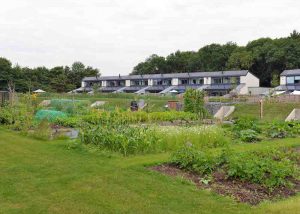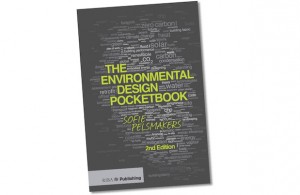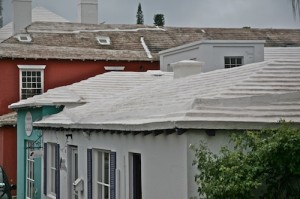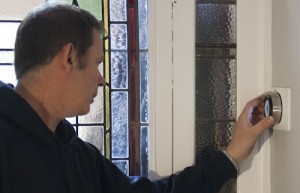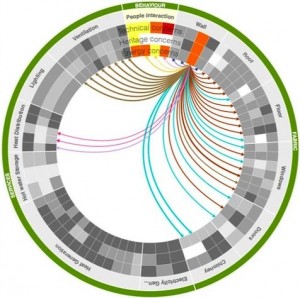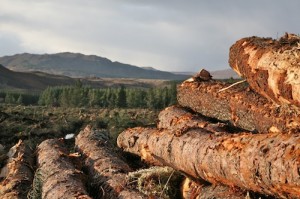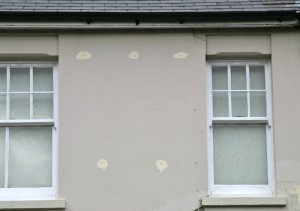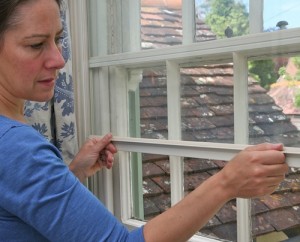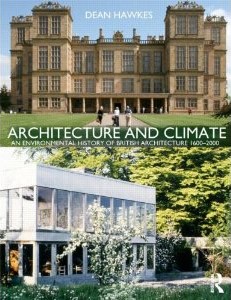energy
Making housing greener will take a monumental shift in culture. In this feature for Show House magazine, I explore why the housebuilding industry must deliver… As the new millennium dawned, an age of good, sometimes exciting, sustainable housing seemed possible, even likely. Now, two decades on, the housebuilding industry is far short of where it…
Read the full story ->If you’re going to invest in just one book on sustainable, low carbon building I’d strongly suggest that you make it The Environmental Design Pocketbook. Now in its second edition, this useful volume by Sofie Pelsmakers should be essential reading for architects, designers, developers, planners, students, clients and anyone else involved in the construction and operation of buildings.…
Read the full story ->Water is a finite and precious resource, we all know that – or at least we should. I was reminded when I visited Bermuda. Here the architecture is influenced by the need to collect rainwater. Stepped and whitewashed roofs are a key feature of many buildings with their wedge-shaped limestone ‘glides’ designed to channel rainwater into…
Read the full story ->Controlling your heating system is one of the quickest and easiest ‘wins’ when it comes to saving energy (and money) in the home and, although I’ve mentioned thermostats here before, I make no apology for writing about them again. In the USA Nest has been a trailblazer both in terms of technology and design. Now the Nest Learning Thermostat is available in…
Read the full story ->There’s nothing very sexy about light switches or power sockets. At least this is what I’d thought until I went to a recent launch event for MK’s Elements range of ‘decorative wiring devices’. I came away realising that switches can be cool. What’s more I delved a bit deeper into wireless light switch solutions which…
Read the full story ->Retrofit requires an understanding of the building coupled with an holistic approach. This may sound simple but it isn’t, buildings – especially old buildings – are many layered entities and it’s not only the structure that has to be considered, it’s the behaviour of the building’s occupants. When planning retrofit strategies, heritage, technical and energy…
Read the full story ->Speaking and answering questions at shows generally doesn’t leave much time to explore the stands and see what’s new. This was the case at this year’s Homebuilding & Renovating Show but it soon became clear, from what visitors to the advice centre were telling me, that there was one product that I had to go…
Read the full story ->I didn’t see a monster on my visit to Loch Ness but I did end up learning something about forestry and how the use of timber can be maximised. I’d travelled to a forestry site called Glen Brien, close to the southern end of the Loch, where 73 hectares (180 acres) of Lodgepole pine (Pinus…
Read the full story ->A question about cavity wall insulation may not be one that you’d expect to be asked when talking about old buildings. Generally, cavity walls are regarded as a modern form of construction but the subject has cropped up a couple of times in the Q&A sessions at the SPAB Old House Eco Courses that I…
Read the full story ->Replacing or double glazing old windows in the name of energy efficiency is expensive and hugely destructive to our heritage. There is another way: secondary glazing. Secondary glazing added to the inside of a window has little impact on the look of the building, does negligible damage and is reversible. Equally importantly, secondary glazing cuts…
Read the full story ->As we seek to make our buildings more energy efficient, the relationship between architecture and climate has never been more relevant than today; or so we may think. Dean Hawkes begins the eight essay narrative, that forms the core of Architecture and Climate, An environmental history of British architecture 1600-2000, (Routledge) by describing the period when…
Read the full story ->
